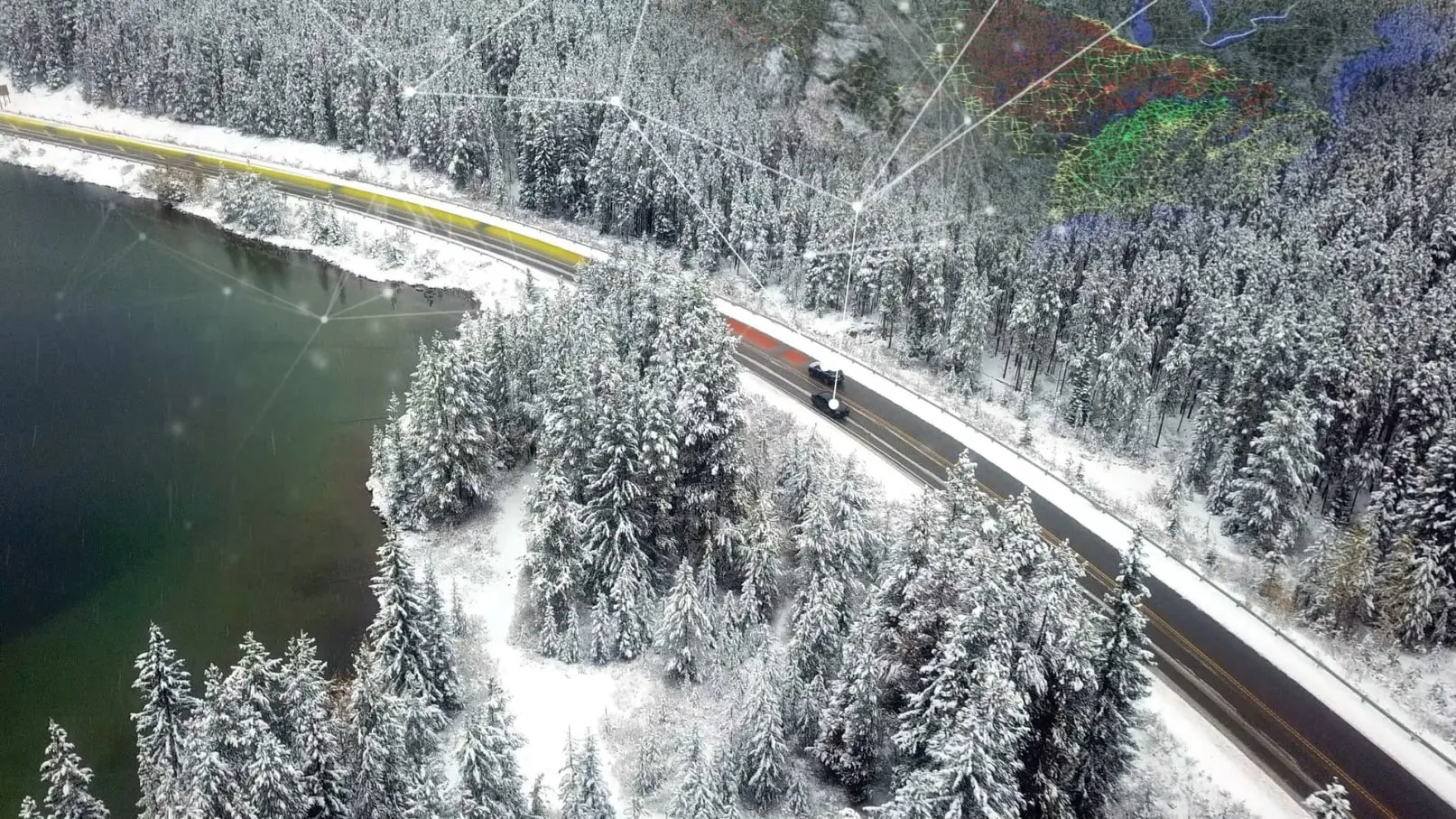The concession to build Panama City's metro line No. 2 has been awarded to a consortium comprised of Brazilian company Norberto Odebrecht and Spanish infrastructure giant FCC.
The 22 kilometre long elevated line will connect the city's northern and eastern sectors and line No. 1.
The consortium, known as Consorcio Línea 2, offered US$1.86 billion for civil works, US$50.7 million for maintenance works, and US$214 million for financing, totalling roughly US$2.2bn, according to Metro de Panama.
May 18, 2015
Read time: 1 min
The concession to build Panama City's metro line No. 2 has been awarded to a consortium comprised of Brazilian company Norberto 4740 Odebrecht and Spanish infrastructure giant 5656 FCC.
The 22 kilometre long elevated line will connect the city's northern and eastern sectors and line No. 1.
The consortium, known as Consorcio Línea 2, offered US$1.86 billion for civil works, US$50.7 million for maintenance works, and US$214 million for financing, totalling roughly US$2.2bn, according to Metro de Panama.
This alliance, in which the Brazilian company owns 60 per cent and the Spanish company 40 per cent, also built Panama City's US$1.7 billion line No. 1, which has been operating for one year and was the first to launch in Central America.
Construction should begin within two months, and the consortium will have 46 months to complete works.
The 22 kilometre long elevated line will connect the city's northern and eastern sectors and line No. 1.
The consortium, known as Consorcio Línea 2, offered US$1.86 billion for civil works, US$50.7 million for maintenance works, and US$214 million for financing, totalling roughly US$2.2bn, according to Metro de Panama.
This alliance, in which the Brazilian company owns 60 per cent and the Spanish company 40 per cent, also built Panama City's US$1.7 billion line No. 1, which has been operating for one year and was the first to launch in Central America.
Construction should begin within two months, and the consortium will have 46 months to complete works.










